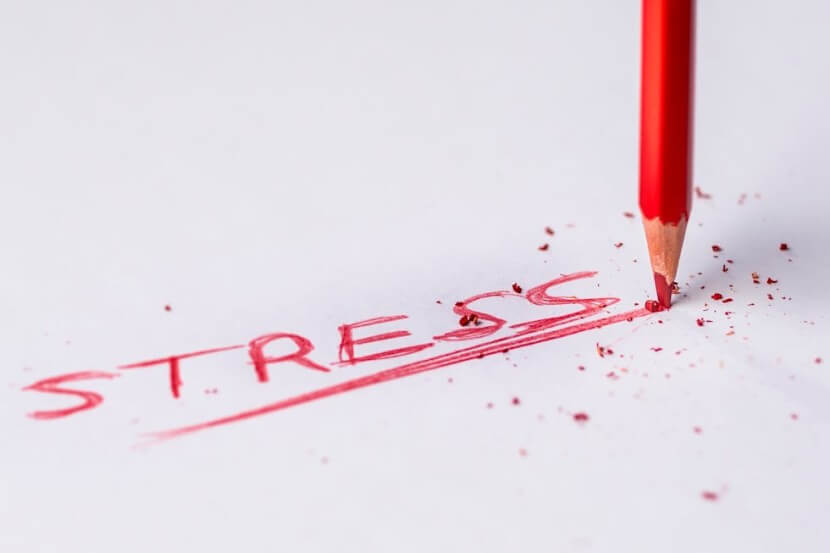| die Achtsamkeit |
Achtsamkeit hilft, Stress zu reduzieren. |
Mindfulness helps to reduce stress. |
| die Anspannung |
Nach der Prüfung ließ die Anspannung nach. |
After the exam, the tension eased. |
| die Atemtechnik |
Mit der richtigen Atemtechnik kann man sich entspannen. |
With the right breathing technique, one can relax. |
| der Ausgleich |
Sport ist ein guter Ausgleich zum Arbeitsalltag. |
Sports are a good balance to the workday. |
| die Belastung |
Die hohe Arbeitslast ist eine große Belastung. |
The heavy workload is a significant burden. |
| belastend |
Das ständige Multitasking ist sehr belastend. |
Constant multitasking is very burdensome. |
| bewältigen |
Wie bewältigst du deinen Stress? |
How do you cope with your stress? |
| das Burnout |
Nach Jahren intensiver Arbeit erlitt er ein Burnout. |
After years of intense work, he suffered a burnout. |
| die Entspannung |
Ein warmes Bad sorgt für Entspannung. |
A warm bath provides relaxation. |
| entspannen |
Am Wochenende möchte ich mich entspannen. |
I want to relax on the weekend. |
| die Erholung |
Urlaub ist wichtig für die Erholung. |
Vacation is important for recovery. |
| die Erschöpfung |
Nach dem Marathon fühlte sie eine tiefe Erschöpfung. |
After the marathon, she felt deep exhaustion. |
| die Gelassenheit |
Seine Gelassenheit half ihm in schwierigen Zeiten. |
His calmness helped him in difficult times. |
| gestresst |
Ich bin wegen der Deadline sehr gestresst. |
I am very stressed because of the deadline. |
| die Hektik |
Die Hektik der Stadt kann überwältigend sein. |
The hecticness of the city can be overwhelming. |
| der Lärm |
Der ständige Lärm verursacht Kopfschmerzen. |
The constant noise causes headaches. |
| meditieren |
Er meditiert jeden Morgen für 20 Minuten. |
He meditates every morning for 20 minutes. |
| die Müdigkeit |
Müdigkeit beeinträchtigt die Konzentration. |
Tiredness impairs concentration. |
| nervös |
Vor dem Vortrag war sie sehr nervös. |
She was very nervous before the presentation. |
| die Pause |
Eine kurze Pause kann Wunder wirken. |
A short break can work wonders. |
| die Ruhe |
Ich genieße die Ruhe am frühen Morgen. |
I enjoy the calm in the early morning. |
| der Schlafmangel |
Schlafmangel führt zu gesundheitlichen Problemen. |
Lack of sleep leads to health problems. |
| die Sorge |
Ihre Sorge um die Zukunft wächst. |
Her worry about the future is growing. |
| der Stress |
Zu viel Stress kann krank machen. |
Too much stress can make you ill. |
| stressig |
Die Arbeit in der Notaufnahme ist sehr stressig. |
Working in the emergency room is very stressful. |
| die Überforderung |
Überforderung am Arbeitsplatz ist ein ernstes Problem. |
Overload at work is a serious issue. |
| überlastet |
Das Team ist mit Projekten überlastet. |
The team is overloaded with projects. |
| die Unruhe |
Innere Unruhe kann den Schlaf stören. |
Inner restlessness can disrupt sleep. |
| die Work-Life-Balance |
Eine gute Work-Life-Balance ist wichtig für die Gesundheit. |
A good work-life balance is important for health. |
| der Zeitdruck |
Unter Zeitdruck arbeiten ist oft kontraproduktiv. |
Working under time pressure is often counterproductive. |


